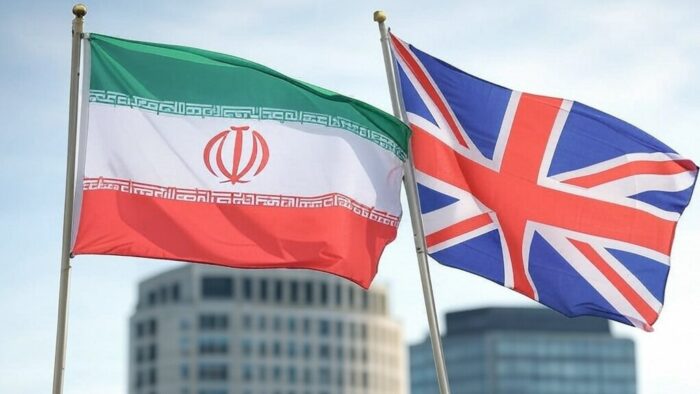Iran’s regime allegedly targeted a Belgian MP as retaliation for her political stance, underscoring growing concerns about Iranian transnational repression. On 28 July 2025, Iran International reported that Darya Safai, a Belgian lawmaker of Iranian descent, had been warned by Belgian police of an Iranian plot to abduct her via Turkey, following her successful push to have the Islamic Revolutionary Guard Corps (IRGC) designated a terrorist organization in Belgium. The article begins:
A Belgian lawmaker of Iranian descent said the European country’s police warned her of an Iranian plot to abduct her via Turkey after she backed labeling the Revolutionary Guards a terrorist group. “Today, the Belgian police and security services contacted me regarding an alarming situation concerning my safety,” Darya Safai said on her X account. “They had received worrying information indicating that the Islamic regime in Iran wants to kidnap me and take me to Tehran via Turkey,” she said, adding that she has been advised against visiting Turkey. Iran has previously been accused of involvement in the kidnapping and killing of foreign nationals in the United Arab Emirates, according to Emirati and Western officials. In 2020, German-Iranian dissident Jamshid Sharmahd was kidnapped by Iranian operatives from Dubai and forcibly taken to Iran via Oman. He was sentenced to death and executed in what Amnesty called a “grossly unfair trial” in 2023. Iran also kidnapped dissident journalist Rouhollah Zam from Iraq after luring him to leave Paris for the Arab country in September 2019. He was later sentenced to death and executed in Iran one year later.
Read more: https://www.iranintl.com/en/202507285628
Key Points
-
Belgian MP Darya Safai was warned by national authorities of an Iranian plot to abduct her, allegedly in retaliation for her resolution to list the IRGC as a terrorist group.
-
The alleged plot reportedly involved abduction via Turkey, with Safai advised to avoid travel there due to security risks.
-
Iran has a documented history of targeting dissidents and critics abroad, including kidnappings and assassinations attributed to Iranian intelligence services.
-
The incident has intensified calls for European countries to confront Iran’s extraterritorial repression and consider further sanctions against the IRGC and Iranian officials.
IRGC Threats in Europe—Targeting Journalists, Dissidents, and Allies
Iran’s regime is expanding its operational reach within Europe, systematically targeting political and media opponents in a campaign that leverages cyber offensives, surrogate influence networks, and clandestine political operations. Iranian cyber actors have orchestrated large-scale digital assaults against opposition media, compromising sensitive data and potentially enabling further harassment or intelligence-gathering against Iranian dissidents and journalists in the diaspora. Concurrently, analysts have detected Iranian-linked bot networks manipulating public opinion on contentious European political issues, reflecting Tehran’s bid to exploit Western social divisions and amplify narratives that undermine European cohesion.
Broader geopolitical shifts, such as the erosion of democracy in Georgia, provide strategic openings for Iran to deepen alliances with other authoritarian powers and project influence into Eastern Europe. These activities are consistent with a pattern of Iranian state-backed threats against journalists, dissidents, and political figures residing in Europe—cases corroborated by independent investigations into assassination attempts, kidnap plots, and cyberattacks targeting critics abroad.
External references:
-
Human rights, EU sanctions Iran for transnational repression of dissidents
-
Trends in Iranian External Assassination, Surveillance, and Abduction Plots
Disclaimer:
The Global Influence Operations Report (GIOR) employs AI throughout the posting process, including generating summaries of news items, the introduction, key points, and often the “context” section. We recommend verifying all information before use. Additionally, images are AI-generated and intended solely for illustrative purposes. While they represent the events or individuals discussed, they should not be interpreted as real-world photography.









